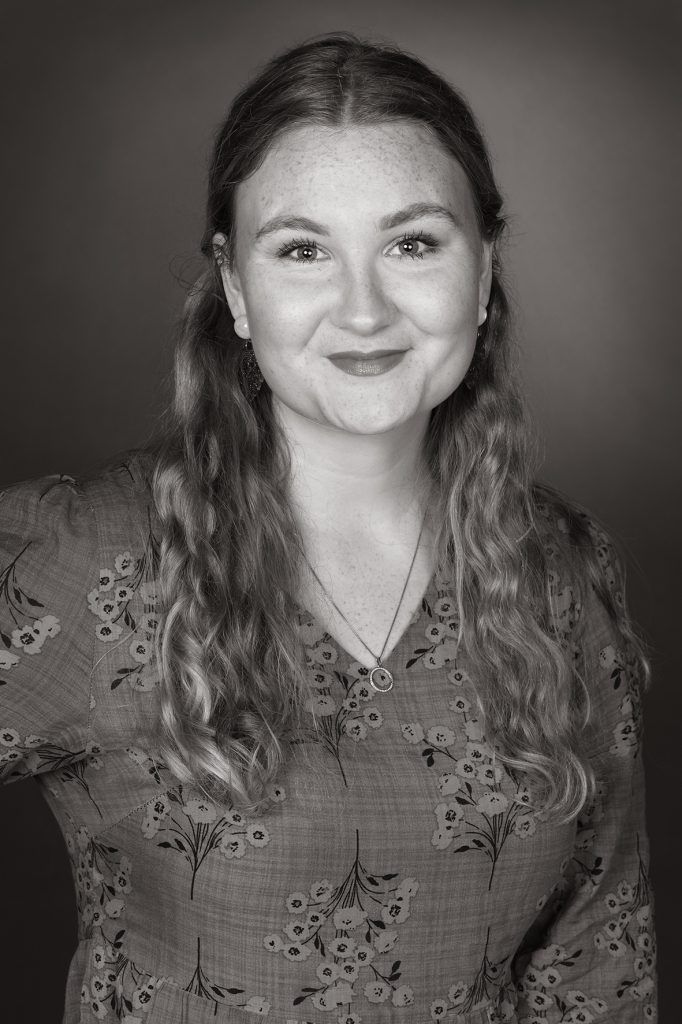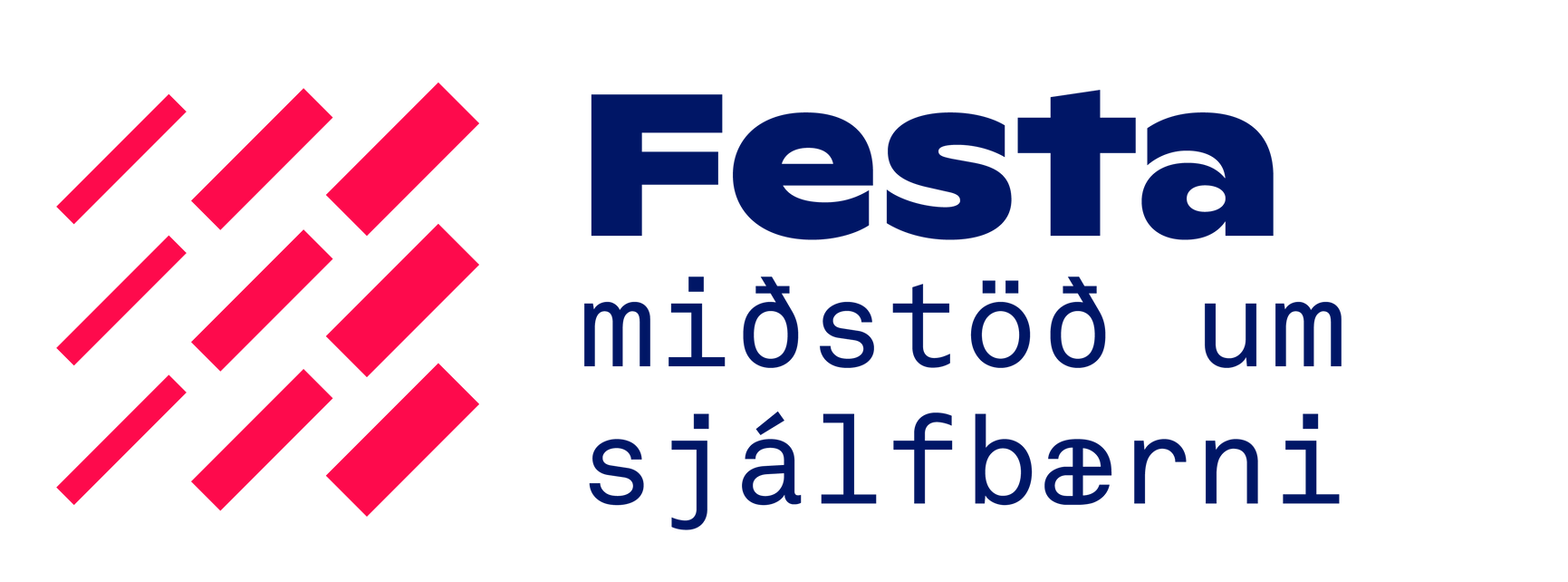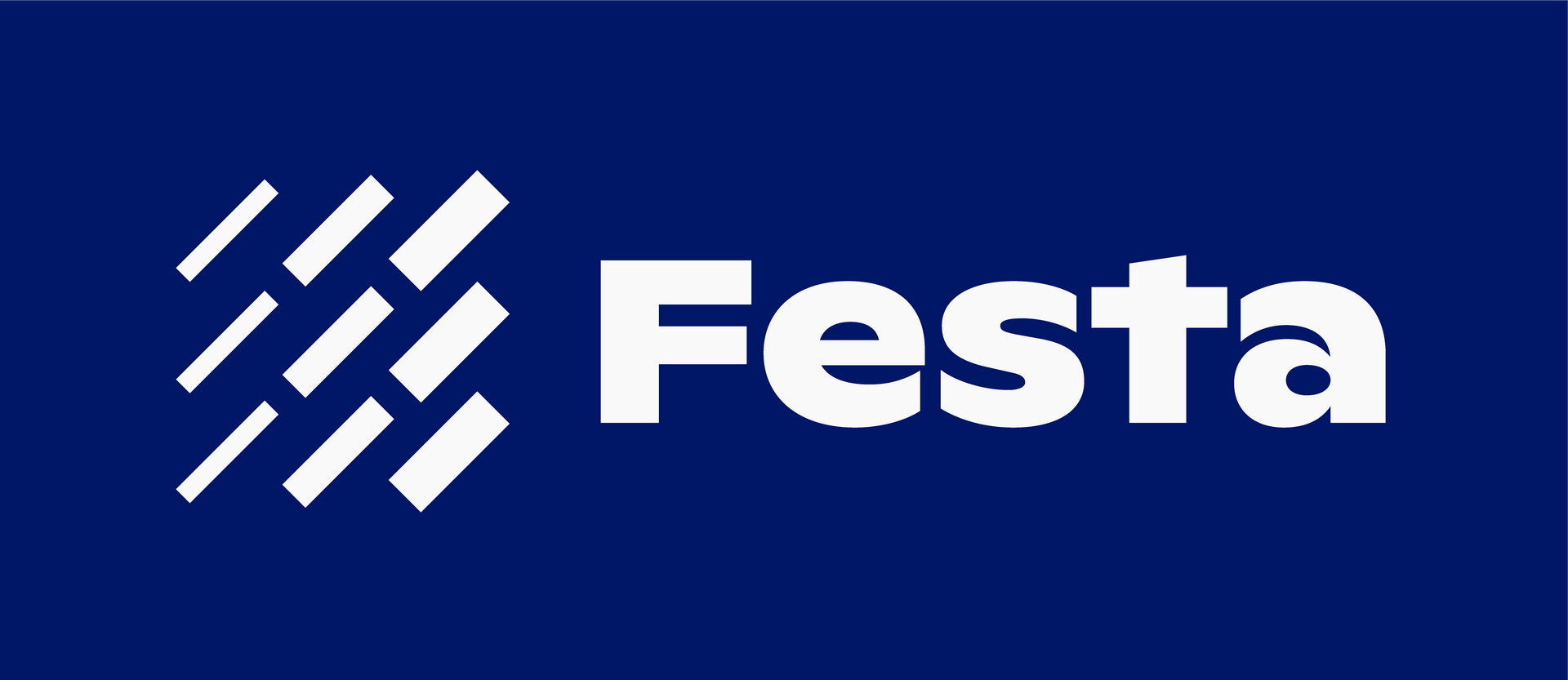29. mars 2023
Don't leave it out - submit an article

Adalbjörg Egilsdottir
We all know how much we need to address the climate crisis, not least here at home but also abroad. Of course, companies are not exempt from this, as the Festusamhämäðið knows well, and this applies to companies of all sizes and types. Often, however, a large part of companies seems to be forgotten in this discussion, small and medium-sized enterprises. These companies make up about 90% of the world's companies and are responsible for a large number of greenhouse gas emissions, even though each of them may bear a small responsibility compared to the giants at home or abroad.
Þessi fyrirtæki eru með frekar fátt starfsfólk, og hafa í fæstum tilvikum bolmagn eða fjármagn til að ráða inn sérfræðinga í umhverfis- eða sjálfbærnimálum eins og mörg stærri fyrirtæki hafa gert á síðustu árum og áratugum. Í þokkabót hafa stjórnendur fyrirtækjanna oftast ekki tíma til að sökkva sér í þessi mál, en í mörgum tilfellum sinna þeir starfi framkvæmdastjóra, innkaupastjóra, verslunarstjóra og mannauðsstjóra, allt í einu. Þetta gerir það að verkum að umhverfis- og sjálfbærnimálin standa oftast á hakanum, nema að einhver innan fyrirtækisins hafi sérstakan áhuga á þeim málum og taki þau á herðar sér, ofan á almenn störf.
When this selected person within the company, who is interested in environmental and sustainability issues, searches for what the company can do better, she probably finds herself in a deep hole of regulations, standards, accounting reports and other things, most of which are not designed for the small or medium-sized company she works for, but for much larger companies. UFS, NFRD, the Global Goals for Business Task Force, carbon offset standards and more are not designed in a way that is accessible to smaller companies, especially not if they want to take sustainability issues seriously and properly comply with what is required. Both often require information that they simply cannot obtain or the cost is so high that the company cannot afford it. In many cases, difficult-to-understand specialist language is used in standards or guidelines so that only professionals can understand it. Many people, understandably, give up.
Vegna alls þessa eiga lítil og meðalstór fyrirtæki oft erfitt með að sinna umhverfis- og sjálfbærnimálum á ábyrgan hátt og skila upplýsingum um sína vegferð skýrt til neytenda og annarra hagaðila. Við erum þá að tala um að 90% fyrirtækja, sem mörg hver vilja leggja sitt af mörkum, er í raun haldið frá sjálfbærnikeppninni sem við erum öll í því staðlarnir og leiðbeiningarnar eru ekki aðlagaðar að þeim. Ferlið er of flókið og of kostnaðarsamt og endapunkturinn er sá að við náum miklu minni framförum en við gætum annars náð.
Sem betur fer er þetta þó að breytast. Ný reglugerð um sjálfbærniupplýsingar, CSRD (Corporate Sustainability Reporting Directive), sem mun leysa NFRD (Non-Financial Reporting Directive) af hólmi í sjálfbærniupplýsingagjöf frá og með 2024, hefur verið aðlöguð að einhverju leyti að litlum og meðalstórum fyrirtækjum, og mun vera skylda fyrir öll skráð fyrirtæki, líka lítil og meðalstór, að uppfylla þær kröfur. Við verðum þó að hefja undirbúninginn strax ef við viljum tryggja að íslensk fyrirtæki, af öllum stærðum og gerðum, geti uppfyllt þær kröfur sem þar koma fram. Lítil og meðalstór fyrirtæki verða að hefja undirbúning fyrir breyttan leikvöll sem fyrst til að heltast ekki úr lestinni. Þau geta ekki gert það hvert í sínu horni heldur verða að vinna saman og leita eftir viðeigandi aðstoð.
This will be complicated and difficult, that's for sure, but with cooperation we can make it a little easier. What matters most is that we always continue to try to improve ourselves, get more people on board with us on the sustainability journey and don't lose heart. Today, there are various solutions available, and we at Laufin look forward to being a part of building a sustainable business environment where no one is left behind. There is a lot at stake, and there is absolutely no time to give up. Let's start the journey, keep going strong and make the world a better place.
The author, Aðalbjörg Egilsdóttir, is in charge of educational affairs at Laufinn, a member association of Festa.




